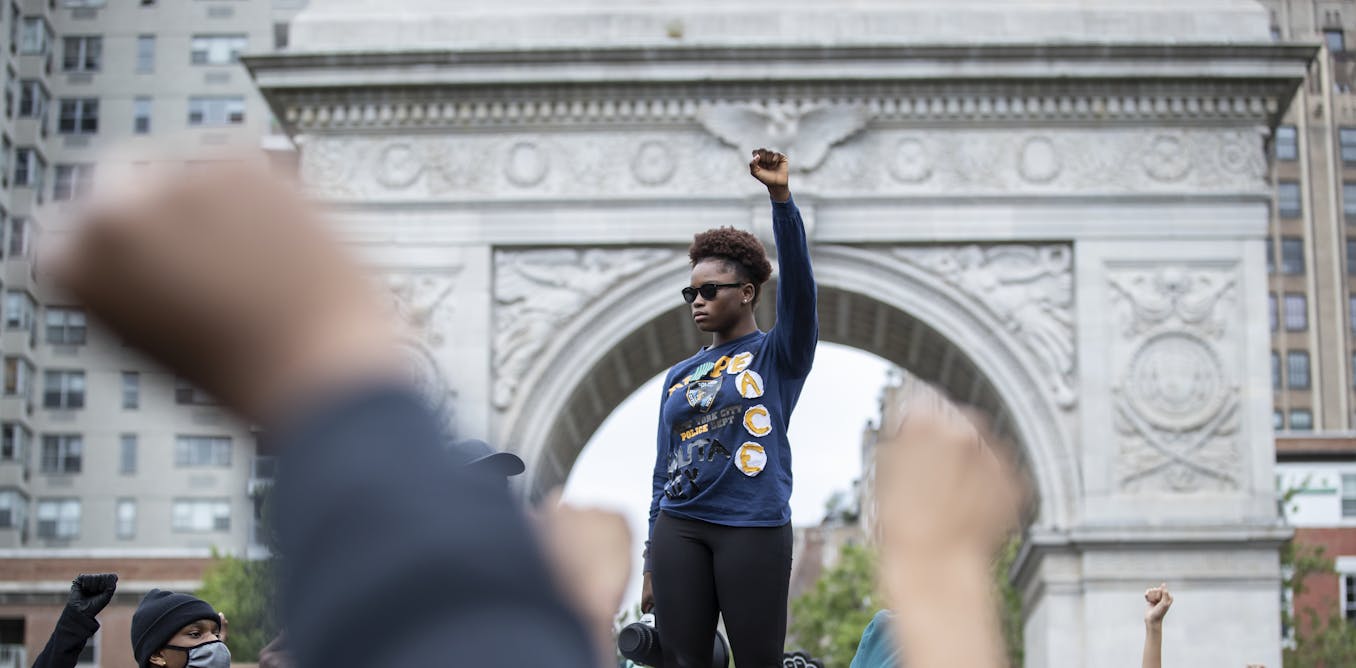by VINCENT ADEJUMO

As protests rock the country in the wake of the killing of George Floyd by a Minneapolis police officer, there is a notable absence in the national public discourse: African American community leaders.
My scholarship in the discipline of black politics can explain why there aren’t any national African American leaders at this moment, filling roles like Martin Luther King Jr., Fannie Lou Hamer and others once did.
In past eras, leaders of the African American community were instrumental in creating huge social and legal changes, including the Civil Rights Act of 1964, the Voting Rights Act of 1965, and the Fair Housing Act of 1968. Sweeping changes were possible because black leaders were willing to call out problems before they became crises, and risk their lives and livelihoods to elevate the social, educational and economic standing of African Americans.
The risk of direct challenge
When Malcolm X gave his “The Ballot or the Bullet” speech in Cleveland in 1964, he challenged the social order of America, in which African Americans were not treated equally. He specifically stated, “Any time you know you’re within the law, within your legal rights, within your moral rights, in accord with justice, then die for what you believe in. But don’t die alone. Let your dying be reciprocal. This is what is meant by equality.”
In testimony at the Democratic National Convention in 1964, Fannie Lou Hamer explained the risk to her life that she took by attempting to register to vote.
The Conversation for more
